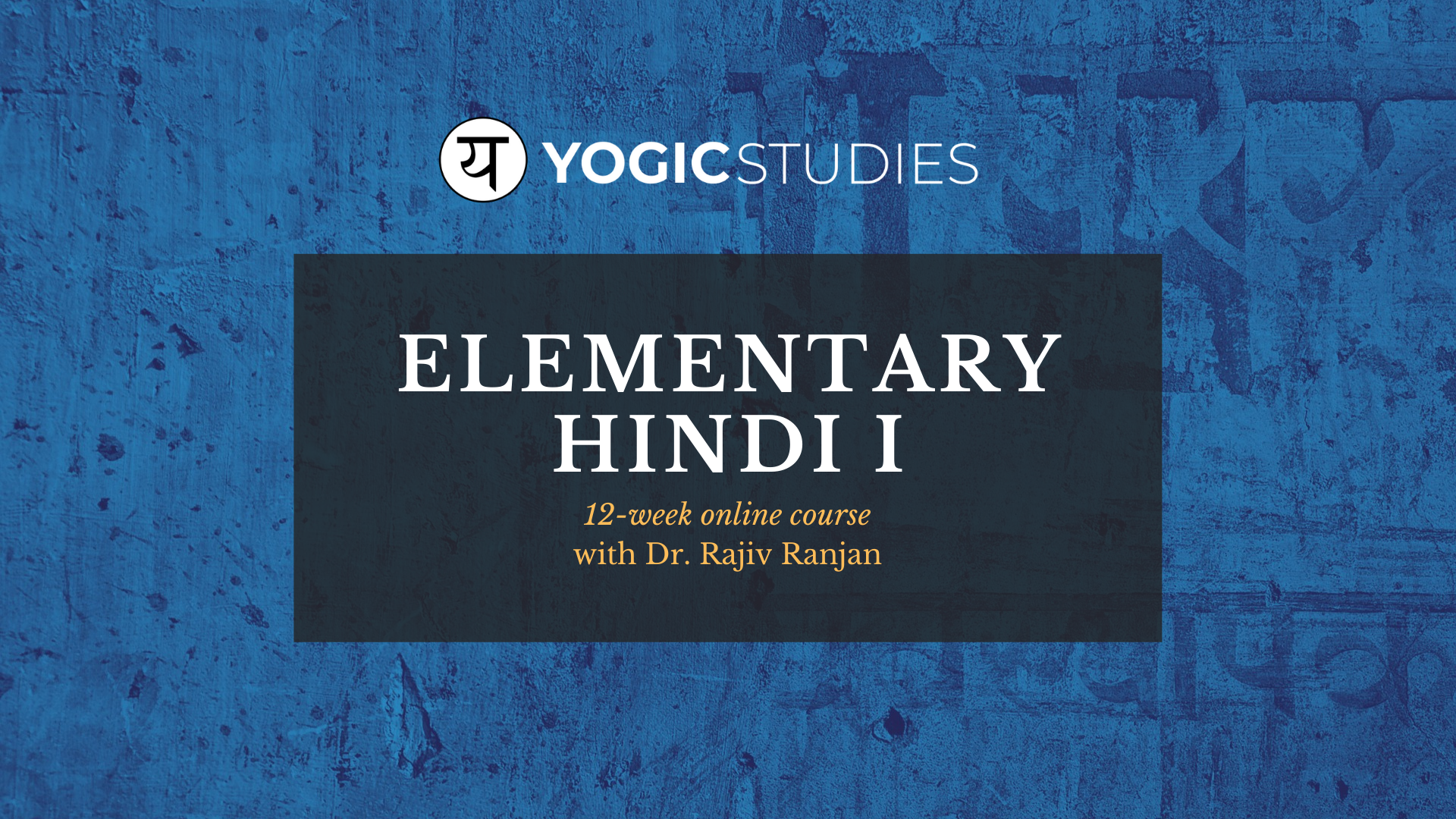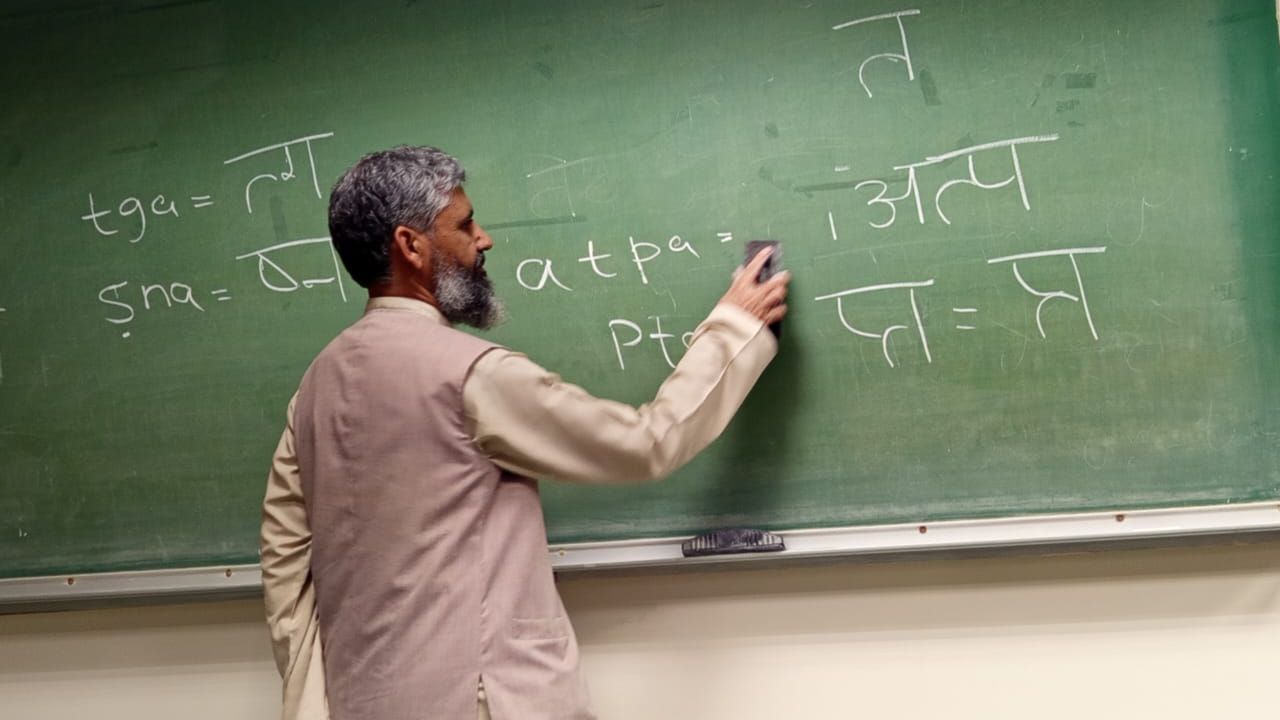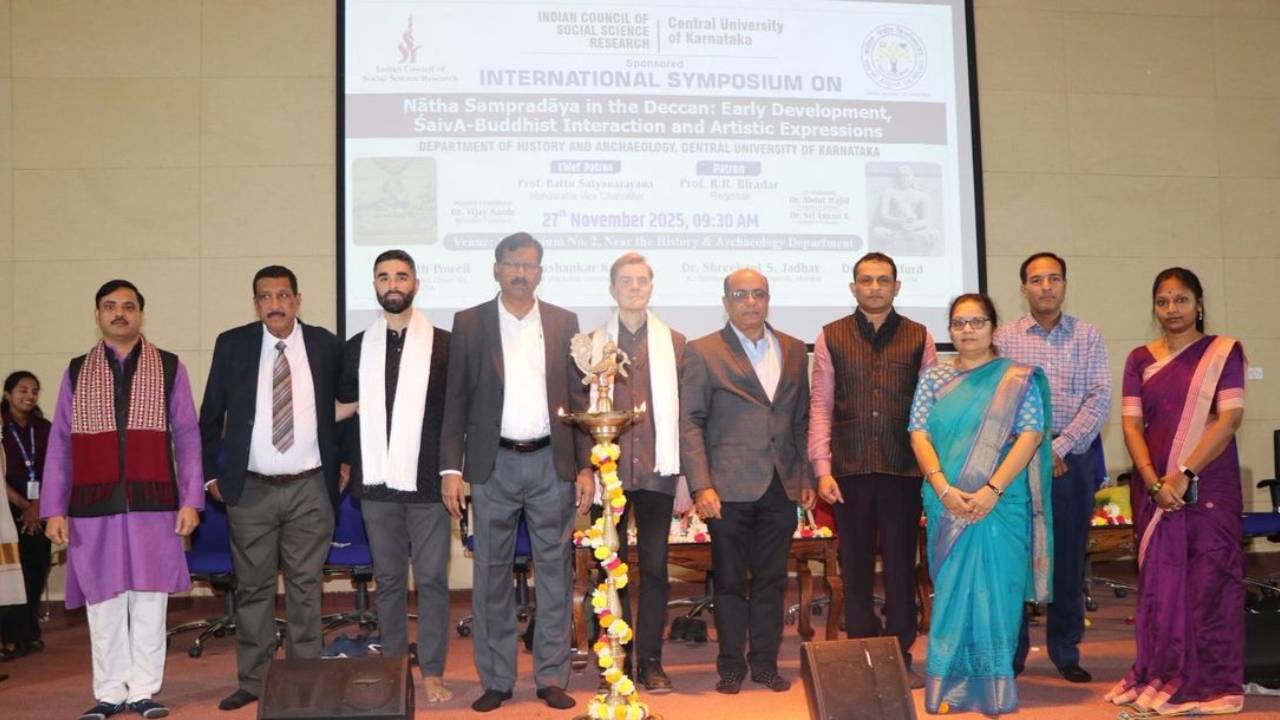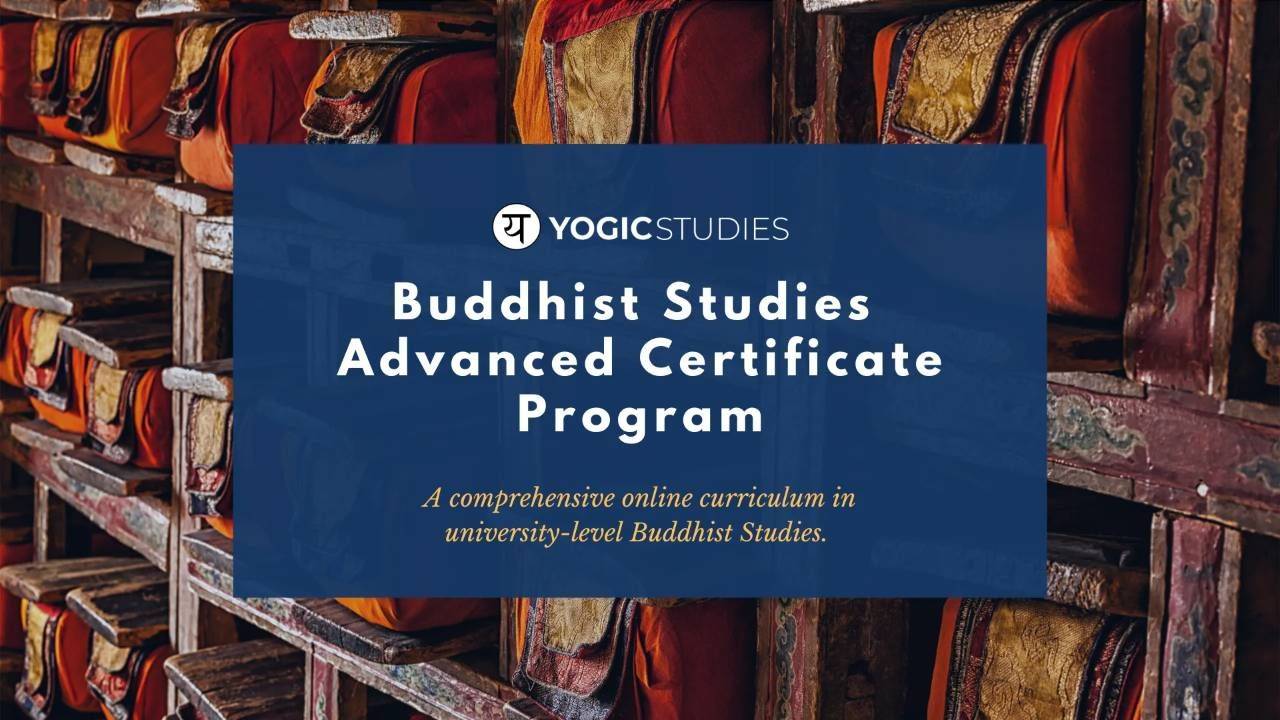Meet Your Hindi Instructor | Dr. Rajiv Ranjan
Apr 12, 2023
Every Language is a Dialect
Some might presume, upon learning that Dr. Rajiv Ranjan is from Northeast India, that Hindi is his first language. But underneath the veil of a supposed lingua franca, a rich diversity of local languages persist in modern-day India. Dr. Ranjan's mother tongue is Magahi, a language that is often relegated to 'dialect status' in the face of institutional powers; a dynamic that is refracted in the global prominence of English over Hindi and other non-Western languages.
“Every language is a dialect with an army behind it.”
Ranjan quotes the American linguist Max Weinreich, reflecting on the politics of language that impact his field so palpably. Recalling his childhood in rural Northeast India, where electricity and roads are undeveloped to this day, Ranjan remembers his primary school days learning Hindi and practicing math problems by the fields of his pastoral community.
In eighth grade, he began learning English. In the episode of The Yogic Studies Podcast where he tells his story (you can listen to the full conversation here), Ranjan explains that English is widely regarded as a "language of prestige" in India. For Indians, proficiency in English can open new doors to opportunity. As a young student, Dr. Ranjan progressed rapidly, and soon found himself enrolled at university as a first-generation student studying English literature.
“In five years, from 'A' for 'apple' and 'B' for 'ball', I was reading William Shakespeare.”
Ranjan recalls the challenges he faced as a first-generation student, "I had nobody to guide me in what to do... I struggled for three years." By the end of his degree, he realized he would not be able to study English literature like a native speaker, but had discovered a passion for language—not just the English language, but linguistics, the scientific study of language and second-language acquisition. A few years later, a friend in his masters program in Hyderabad applied for a Fulbright scholarship. Ranjan followed his lead, and was awarded funding to study in the United States.
“That’s how I am growing... everything coming from the people I am around, my friends... my teachers.”
In 2010, Ranjan travelled to the University of Iowa and began studying with Alice Davison, a renowned linguist in South Asian languages. His research focussed on Applied Linguistics and Second Language Acquisition, and his PhD dissertation explores how language acquisition occurs with linguistic features that carry grammatical significance without contributing to the meaning of a sentence, such as the 's' in 'Seth drinks coffee', Ranjan explains.
In 2015, he accepted a professorship at Michigan State University, and received his PhD from the University of Iowa the following year.
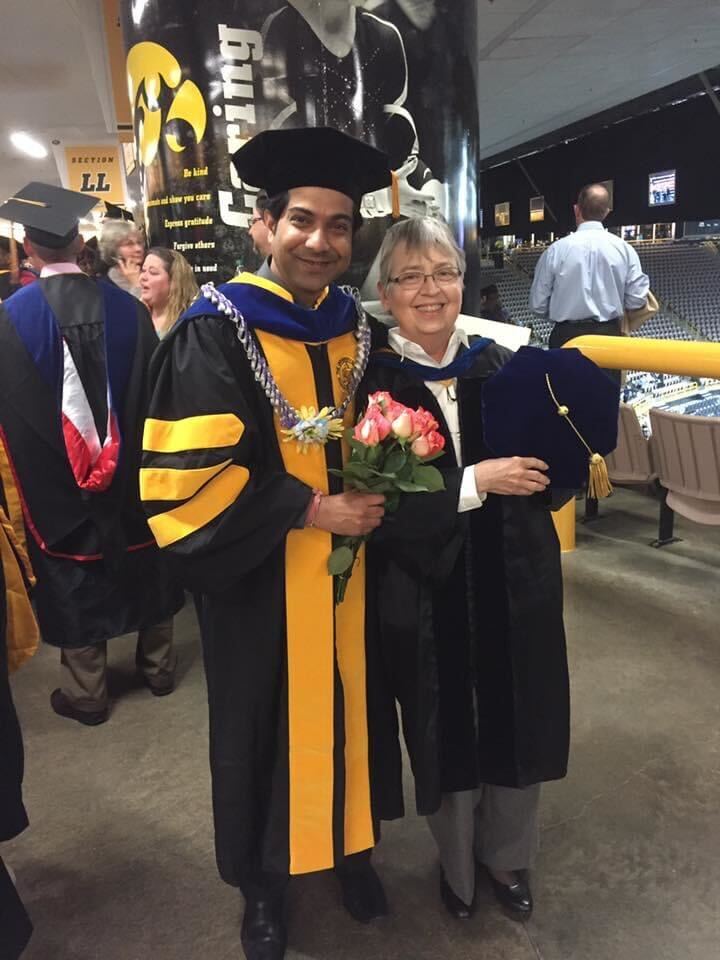
“Since then, I am here [at MSU] teaching Hindi-Urdu and making some sense of my life.”
In his work, Ranjan remains cognizant of the effect political powers exert, not only on languages themselves as they compete for dominance in the cultural marketplace, but on the way language is taught, and which languages become accessible to students in the academic environment. This, he says, is a primary motivator for his choice to make his textbook, Basic Hindi, online and open-access (you can explore the full textbook here).
“Politics—world politics—change the pedagogy of language teaching... I wanted to create something… recognizing the fact that this will keep changing.”
Online, his textbook is fluid—Dr. Ranjan doesn't need to consult a publisher, or wait for an updated edition, for Basic Hindi to reflect the most cutting-edge teaching methods. In forgoing the financial incentives of traditional print, Ranjan makes the newest methods in Hindi second-language acquisition accessible to students all over the world, for free.
“I did it as a student of second-language acquisition and a servant of Hindi and less-commonly taught languages."
In his classroom, where no prior knowledge of Hindi language is assumed, students can engage Basic Hindi alongside a global cohort of students and the author himself. By the end of the first term of Hindi at Yogic Studies, students will have the foundational skills to read and write in basic Hindi, and develop linguistic (grammar and vocabulary), communicative (reading, writing, speaking, and listening), and cultural competence through Dr. Ranjan's innovative and dynamic pedagogy.
Adapted from the Yogic Studies Podcast, Ep. 31
Dr. Rajiv Ranjan will be welcoming a new cohort of Hindi learners this May 2023. For more info or to register for HINDI 101, click the image below.

